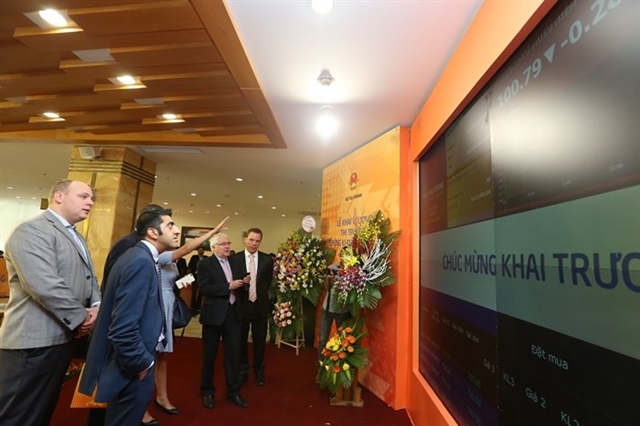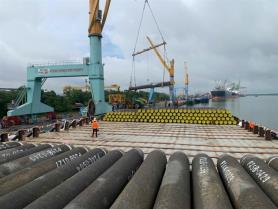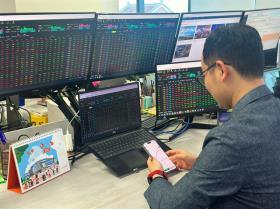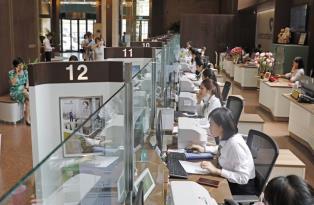This initiative is a crucial part of Việt Nam's strategy to enhance its market status and meet the criteria set by MSCI for a potential upgrade.

HÀ NỘI — The stock market is on the brink of transformative changes as the government implements new policies designed to facilitate foreign investor access.
This initiative is a crucial part of Việt Nam's strategy to enhance its market status and meet the criteria set by MSCI for a potential upgrade.
With foreign ownership limits being a longstanding barrier, recent regulatory reforms aim to make the market more appealing and accessible to international investors.
On November 6, the Ministry of Finance officially issued Decision No. 3761/QĐ-BTC, outlining a strategic plan to implement Decision No. 2014/QĐ-TTg, which approves the project to elevate Việt Nam's stock market status. A key component of this plan involves addressing foreign ownership limits, commonly referred to as the foreign ownership cap (room).
The ministry has tasked the Foreign Investment Agency to collaborate with the Department of Legislation and the State Securities Commission of Vietnam (SSC) to review and potentially revise the list of investment sectors with restrictions.
This review aims to broaden or eliminate foreign ownership limits in areas that do not pertain to national security, thereby enhancing Việt Nam's investment environment and capital market attractiveness.
For years, foreign ownership limits at public companies have posed substantial barriers to foreign investment in Việt Nam's stock market, particularly as the country seeks to upgrade its market status.
Current regulations allow foreign ownership to vary by sector, with limits as high as 100 per cent or as low as 5-10 per cent in some instances. Historically, companies have often set low foreign ownership limits to prevent hostile takeovers or to reserve space for strategic investors, which in turn has hampered foreign investor access and market liquidity.
However, these issues are gradually being addressed. The government has recently implemented Decree 245, which amends aspects of Decree 155/2020/ND-CP, thereby abolishing the previous practice that allowed companies to unilaterally decide on their maximum foreign ownership levels.
Under the new rules, public companies must disclose their foreign ownership limits on their official websites and stock exchange listings, ensuring transparency and consistency.
These regulatory reforms are essential, especially as foreign net selling trends on the stock market have persisted despite optimistic market outlooks.
Since the beginning of 2025, foreign investors have net sold over VNĐ123 trillion (US$4.7 billion) on the Hochiminh Stock Exchange (HoSE).
This selling pressure intensified in August when the VN-Index peaked at historical highs.
Analysts predict this ongoing trend may soon shift as Việt Nam prepares to officially enter the FTSE Russell's secondary emerging market tier.
A recent FTSE report suggests that the country will represent 0.04 per cent of the FTSE Global All Cap index, 0.02 per cent of the FTSE All-World index, 0.34 per cent of the FTSE Emerging All Cap index and 0.22 per cent of the FTSE Emerging Index.
These changes are anticipated to stimulate renewed foreign interest and investment. — BIZHUB/VNS





